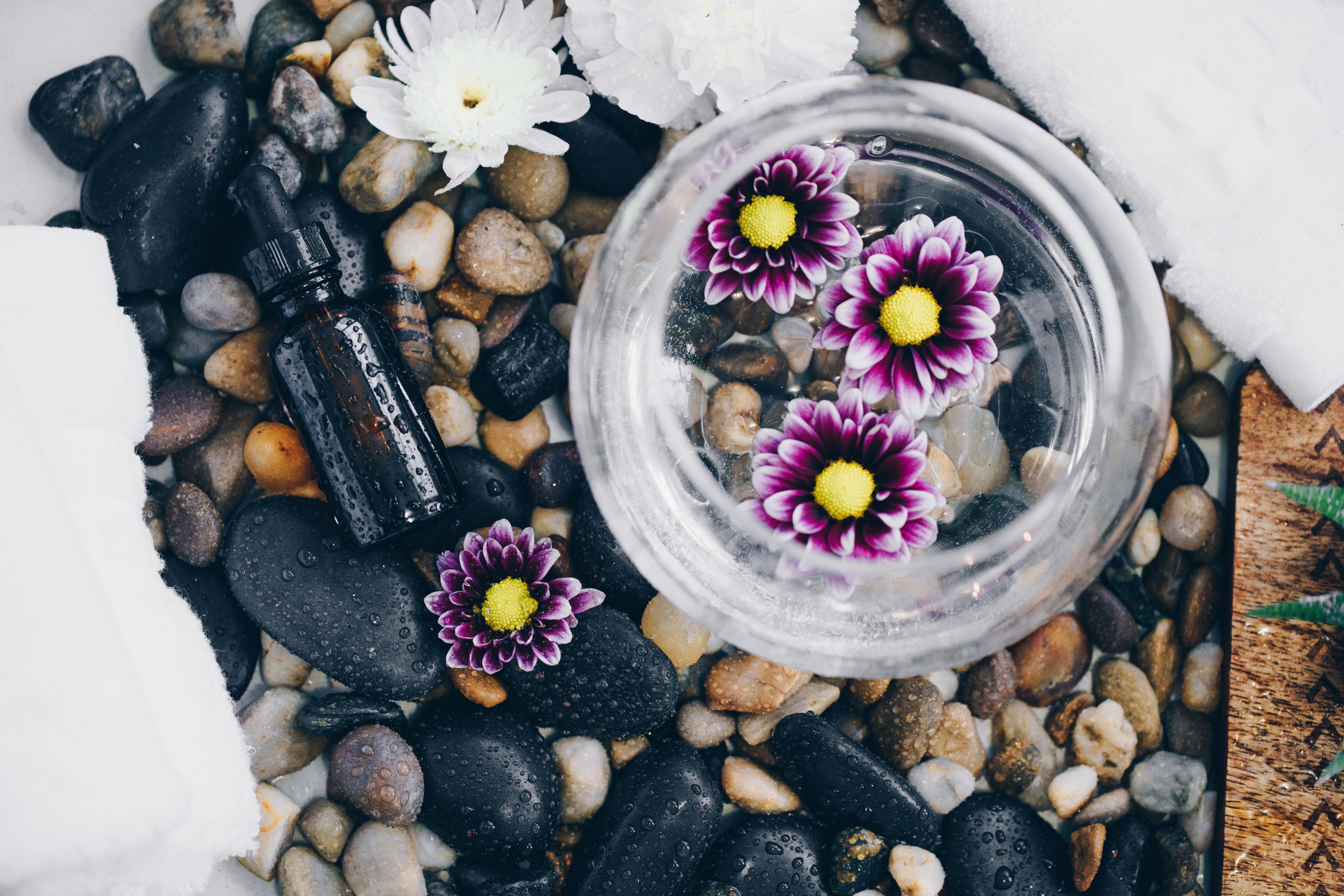Worried about memory decline and preventing dementia: These five essential oils are most effective
Erica Kuo
Registered Herbalist AHGin and Clinical Aromatherapist NAHA USA, MIFPA UK
A few years ago, while attending a seminar on aromatherapy pharmacology in the UK, a British aromatherapist sitting next to me shared an interesting anecdote. She mentioned that the UK government provides funding to offer aromatherapy sessions to dementia patients, and initially, these patients didn't respond much to various essential oil scents and plants. However, after one to two months of regular aromatherapy, these patients began to express preferences for certain scents and even asked about the specific plants. This transformation surprised her.

Regarding dementia, I have read various related literature that suggests aromatherapy, which utilizes the volatile compounds of plants in essential oils, can have a positive impact on both physical and psychological health. In the context of dementia, the most effective method appears to be direct inhalation. By using an inhalation stick or other suitable device, individuals can inhale essential oils for several minutes, repeating this process three to five times a day. According to research, the following five essential oils are most beneficial for dementia patients. I must emphasize that the quality of essential oils can vary significantly, with some containing synthetic fragrances and plasticizers. It is advisable to choose organic essential oils and refer to my previous column for guidance on assessing essential oil quality.
-
True Lavender (Lavandula angustifolia): Lavender can soothe and balance intense emotions and is considered a natural antidepressant. It is especially effective for insomnia. Individuals suffering from insomnia can apply two drops of lavender essential oil on their palms and rub it on their chest, temples, and wrists. After about 20 minutes, they may start feeling drowsy. In one study involving night shift workers, those who inhaled lavender essential oil for 30 minutes before starting their shift and after finishing night work experienced a 25% reduction in cortisol levels, indicating reduced anxiety and more stable blood pressure compared to those who did not use lavender. The non-users had a 23% higher cortisol level when they started work and after finishing their shift. Lavender essential oil is particularly recommended for dementia patients with high blood pressure. In my experiments, applying a few drops of lavender essential oil to the chest and temples led to a 10 mm Hg decrease in blood pressure after 20 minutes.

-
Rosemary (Rosmarinus officinalis): Shakespeare mentioned the powerful memory-enhancing effects of rosemary in "Hamlet." Recent scientific research has shown that inhaling rosemary can improve memory by 75% and assist with cognitive function, long-term memory, alertness, and mathematical skills. It contains 1,8-cineole, a compound associated with improved attention and dopamine release. Its action is similar to acetylcholinesterase inhibitors, which enhance acetylcholine's neural transmission. Studies indicate that individuals who inhale higher amounts of 1,8-cineole perform better in tests of prospective memory, such as remembering to do tasks like going out, turning off the gas, or taking medication. Eucalyptus, bay laurel, and thuja wood essential oils also contain rich amounts of 1,8-cineole.
-
Lemon (Citrus limon): A Japanese study involving 17 Alzheimer's patients found that inhaling a blend of lavender, rosemary, sweet orange and lemon essential oils in the morning and evening for 28 consecutive days improved cognitive abilities and stabilized mood.Aromatherapy consisted of the use of rosemary and lemon essential oils in the morning, and lavender and orange in the evening.Essential oils like sweet orange, bergamot, blood orange, and may chang have similar effects, reducing anxiety, depression, and stabilizing emotions in dementia patients.
-
Clary Sage (Salvia sclarea): Several studies have found that clary sage can relax muscles and help with stress, depression, insomnia, and the nervous system. It is particularly useful for menopausal women experiencing hot flashes and is suitable for postmenopausal women.

-
Peppermint (Mentha × piperita) and Melissa (Melissa officinalis): Melissa essential oil can be quite expensive due to its difficulty in extraction. It is often adulterated with lemon or rose geranium oils. A study from Newcastle University in the UK found that using Melissa in combination with lavender essential oil for one week improved communication skills, enhanced memory, and reduced anxiety in dementia patients. Melissa oil also has excellent effects on digestive issues and is effective against herpes viruses. Peppermint is ideal for morning use, as it can stimulate appetite, aid digestion, reduce absent-mindedness, and stabilize the nervous system.
When choosing essential oils, research has shown that organic lavender essential oil is 30% more effective in promoting acetylcholine than non-organic lavender oil. Therefore, it's recommended to opt for organic products to minimize exposure to pesticides and herbicides.
A reminder: Before using essential oils, it is essential to consult with medical professionals and registered aromatherapists. According to US regulations, essential oil
References:
https://www.ncbi.nlm.nih.gov/pmc/articles/PMC4979264/
https://www.ncbi.nlm.nih.gov/pmc/articles/PMC4979264/
https://www.ncbi.nlm.nih.gov/pmc/articles/PMC3612440/
https://www.hindawi.com/journals/ecam/2012/984203/
https://cnlm.uci.edu/2023/08/01/sweet-smell-of-success-simple-fragrance-method-produces-major-memory-boost/?fbclid=IwAR2M10glBf-CSVbv6rxxw179EiiMkklivJW7bUIgwvXmKinVRTCU4Bjzug0
https://www.sciencealert.com/mouse-study-reveals-unexpected-connection-between-menthol-and-alzheimers
https://pubmed.ncbi.nlm.nih.gov/20377818/






